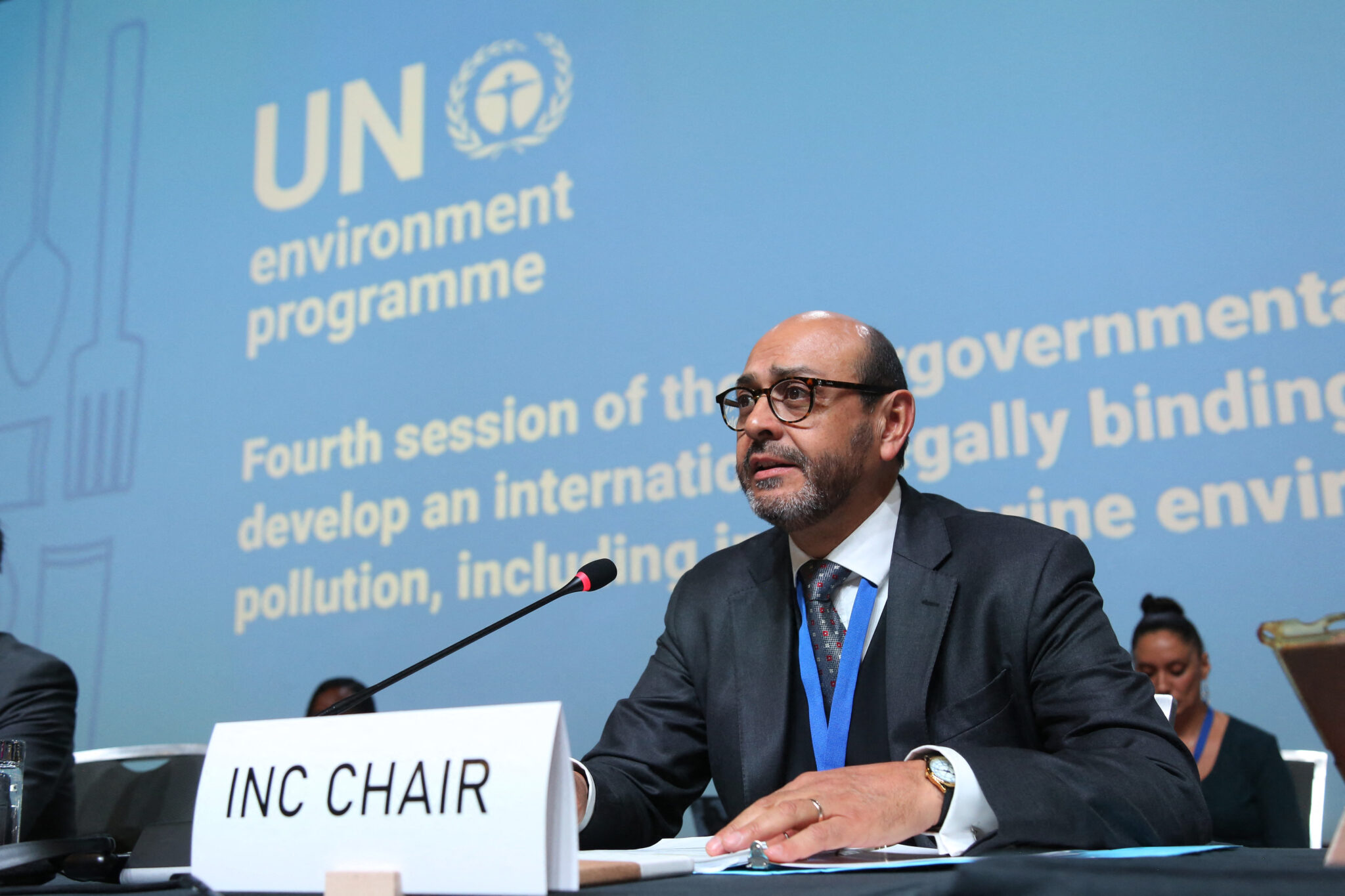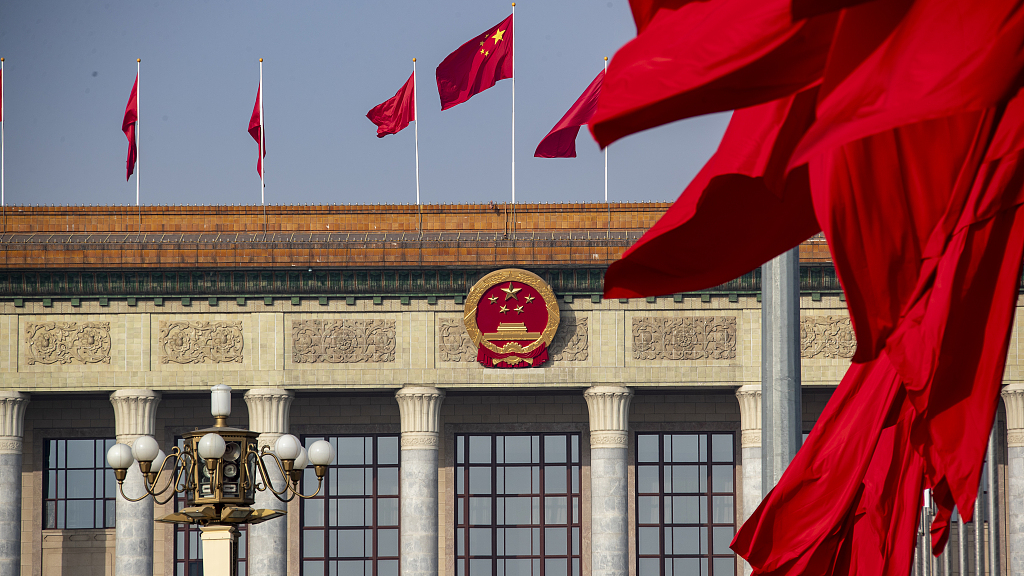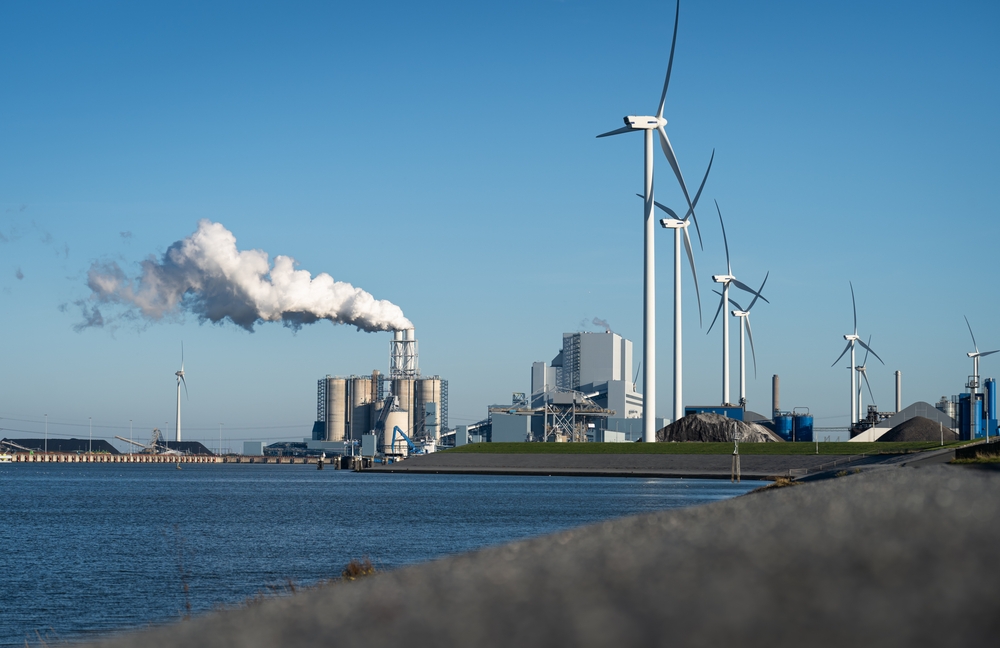European Corporate Leaders Group joins EU's independent green finance advisory panel in calling for green coronavirus recovery plan.
EU leaders must reaffirm their ambition to build a net zero economy by 2050 and put decarbonisation and green jobs at the core of their coronavirus recovery strategy, leading green business coalition the European Corporate Leaders Group (CLG Europe) has urged today.
Amid fears the coronavirus crisis could derail or delay efforts from the European Commission to develop far-reaching plans to reach net zero emissions by 2050, a new report from CLG Europe contends a Green Deal can build a strong recovery and help guard against future shocks to the economy.
The group, which represents a host of major corporates, is calling on the EU to fully commit to a European Green Deal that delivers a clear and managed transition to net zero emissions by 2050. It is also calling for member states to implement "green and equitable" Covid-19 recovery plans and urgently draw up a strategy to equip the continent's workforce with the skills needed for a greener future.
The report argues that a best case scenario combined with decarbonisation policies compatible with 1.5C of global warming could deliver one per cent growth in employment by 2050, compared to a baseline scenario. It also highlights how a well-managed net zero transition would ensure the economy is better placed to navigate major trends such as globalisation, an increasingly ageing workforce, and accelerating technological changes such as the emergence of AI and automation.
Members of CLG Europe include major corporates such as Unilever, Coca-Cola European Partners, EDF, DSM, ACCIONA, Iberdrola, and Sky.
"This report shows that in a changing world, a well-designed transition to a net zero economy can help the jobs market cope with the damaging effects from megatrends like technology development and globalisation that threaten to destroy jobs," said director of CLG Europe Eliot Whittington. "This should inform governments on the design and implementation of their stimulus and recovery plans to address the economic impacts of Covid-19."
The report coincides with the Petersberg Dialogue conference this week, which has seen environment ministers from around the world conduct a series of virtual meetings designed to advance climate diplomacy efforts ahead of the now delayed COP26 UN Climate Summit.
It also comes on the same day as a group of 68 major German companies issued their own statement calling on governments to deliver Climate Stimulus Programmes. The call was backed by some of the largest companies in Germany, including Allianz, Deutsche Telekom, Deutsche Post, HeidelbergCement, PUMA, and thyssenkrupp.
"Many companies from all sectors of the economy have already begun to make their business models climate-friendly, based on scientific evidence. These investments must not be jeopardized," said Sabine Nallinger, managing director of Foundation 2C, the NGO that co-ordinated the statement. "The German government should work with all Member States of the European Union to assure that the there is no turning back from European climate policy."
The interventions come as the EU is poised to shortly unveil its trillion-Euro recovery strategy as the continent faces the worst economic shock in decades as a result of the Covid-19 crisis, which has forced much of Europe into lockdown causing a sudden plunge in economic activity.
Pressure has been growing on the EU to ensure private sector bailout packages come with 'green strings' attached to help trigger a new wave of low carbon investment. In the UK, a group of 20 cross party MPs also wrote to the Chancellor on Sunday arguing airlines should only be offered support in return for agreeing to strict CO2 reduction goals.
However, national state aid programmes approved by the EU Commission have so far failed to include any green stipulations, raising concerns among climate campaigners, even as key EU members such as France and Germany indicate climate action should form a central part of the recovery.
Pressure on political leaders to make good on early proposals to place climate action at the heart of their recovery plans is now mounting from all sides.
Yesterday the EU Commission's independent green finance advisory panel - the Technical Expert Group (TEG) on Sustainable Finance - became the latest influential body to release a statement arguing the TEG's green taxonomy recommendations should inform Europe's stimulus plans.
"Recovery plans should not support environmentally or socially harmful activities, which would worsen the current and future crises, locking in highly polluting infrastructure or promoting activities that do not contribute to social wellbeing for decades to come," the TEG statement reads. "The opportunity for a resilient, sustainable and fair economic recovery is right before us. We encourage all governments, public institutions and the private sector to use the right tools for the job."
In much the same vein, CLG Europe's report today argues that a proactive and well-designed policy framework supporting climate action in the wake of the pandemic can help mitigate the most disruptive impacts megatrends on the horizon such as resource scarcity, economic inequality, and automation.
By working with companies and workers to support redeployment, reskilling, and redesigning of existing business models to accelerate the net zero transition, EU policymakers can help increase the competitiveness and stability of economy and labour markets, the report argues.
Harry Verhaar, chair of CLG Europe and head of global public and government affairs at coalition member Signify, the Dutch LED lighting and software giant, said today's report was designed to help corporates respond to current economic challenges, as well as anticipate those on the near horizon.
"While we are currently focused on supporting the health and well-being of our employees and have taken a number of job preservation measures, this report rightly looks at very comparable challenges related to the broader context of a climate neutral Europe," he said. "It is vital we collectively follow up on the report's recommendations so we create the jobs that are needed for the future health of our citizens and economy in a timely manner."







